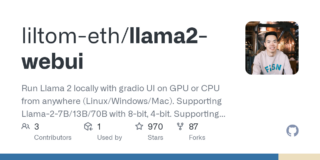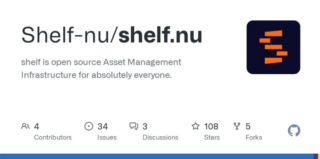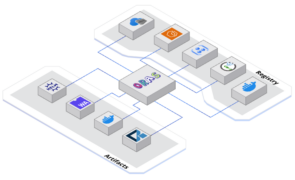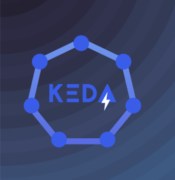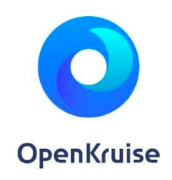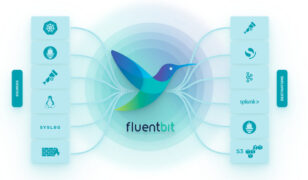Topic: open source
White House seeking public and private sector input to strengthen the open-source ecosystem
The White House recently issued a request for information (RFI) that seeks public and private sector input as federal leadership develops its strategy and action plan to strengthen the open-source software ecosystem. The RFI builds on the administration’s strategy “to invest in the development of secure software, including memory-safe languages and software development techniques, frameworks, … continue reading
Several companies form new open-source project to improve cyberattack detection and remediation
The Open CyberSecurity Schema Framework (OCSF) is an open-source project that provides a framework for developing security schemas. In order to detect and stop cyberattacks, there must be coordination across several different tools, but that currently requires a lot of time and resources because there is no standard, vendor-agnostic schema these tools follow, OCSF explained. … continue reading
ITOps Times Open-Source Project of the Week: Llama2 WebUI
With this project, users can run Llama 2 locally with gradio UI on GPU or CPU from anywhere (Linux/Windows/Mac). It supports Llama-2-7B/13B/70B with 8-bit, 4-bit. It also supports GPU inference (6 GB VRAM) and CPU inference. Llama 2 is a collection of pre-trained and fine-tuned generative text models ranging in scale from 7 billion to … continue reading
ITOps Times Open-Source Project of the Week: Shelf
Shelf is a platform that allows users to take pictures of their physical assets and store them in a personal database. Users can generate a printable QR code for each item and attach it to the item for easy future identification and location. It can be used by individuals, or by companies looking to answer … continue reading
ITOps Times Open-Source Project of the Week: Oras
ORAS (OCI Registry As Storage) handles OCI (Open Container Initiative) Artifacts. It doesn’t assume that container images are the main artifacts and places significant importance on media types. ORAS offers CLI tools and client libraries, enabling the distribution of artifacts across OCI-compliant registries. “Registries are evolving as generic artifact stores. To enable this goal, the … continue reading
ITOps Times Open-Source Project of the Week: Volcano
Volcano is an open-source project used for running high-performance workloads on Kubernetes. Kubernetes does not natively provide batch scheduling, which is something required by many workloads, such as machine learning and deep learning, bioinformatics, and other big data applications. This is where Volcano comes in. According to Volcano, often those types of workloads run on … continue reading
ITOps Times Open Source Project of the week: KEDA
KEDA is a Kubernetes-based Event Driven Autoscaler that helps users scale any container based on the number of events that need to be processed. Additionally, it can be added to any Kubernetes cluster and it works with standard Kubernetes components such as the Horizontal Pod Autoscaler. With KEDA, users can explicitly map the applications they … continue reading
ITOps Times Open-Source Project of the Week: Power Grid Model
Power Grid Model is a high-performance Python/C++ library for steady-state distribution of power system analysis that offers optimized algorithms for the characteristics of the distribution grid. The project also offers full support of three-phase asymmetric calculation and efficient C++ implementation with native parallel computing support. This technology can be used for Monte-Carlo low voltage grid … continue reading
ITOps Open-Source Project of the Week: Kuberhealthy
Kuberhealthy is a Kubernetes operator for running synthetic checks as pods and works best with Prometheus. The project is now part of the Cloud Native Computing Foundation (CNCF) and requires Kubernetes 1.16 or above. Users can write their own tests in any language and Kuberhealthy will run them to automatically create metrics for Prometheus. Kuberhealthy … continue reading
ITOps Times Open-Source Project of the Week: OpenKruise
OpenKruise is an extended component for Kubernetes that was built with a focus on application automation like deployment, upgrade, ops, and availability protection. The project became a Cloud Native Computing Foundation (CNCF) Incubating Project last month which means that the project is considered stable and used successfully in production. The majority of features offered by … continue reading
ITOps Times Open-Source Project of the Week: Fluent Bit
Fluent Bit is a super fast, lightweight, and highly scalable logging and metrics processor and forwarder best suited for cloud and containerized environments. The project’s architecture is both strong and durable, as well as lightweight and easy to transport. It is designed to handle a large volume of data quickly and efficiently, while using minimal … continue reading
ITOps Times Open-Source Project of the Week: Cerbos
Cerbos is a scalable, open-source authorization layer for implementing roles and permissions that was created in early 2021. With the project, users have the ability to separate and manage authorization logic in a central location for all their applications and services. By doing so, they can eliminate redundant efforts, have better visibility, and apply changes … continue reading



